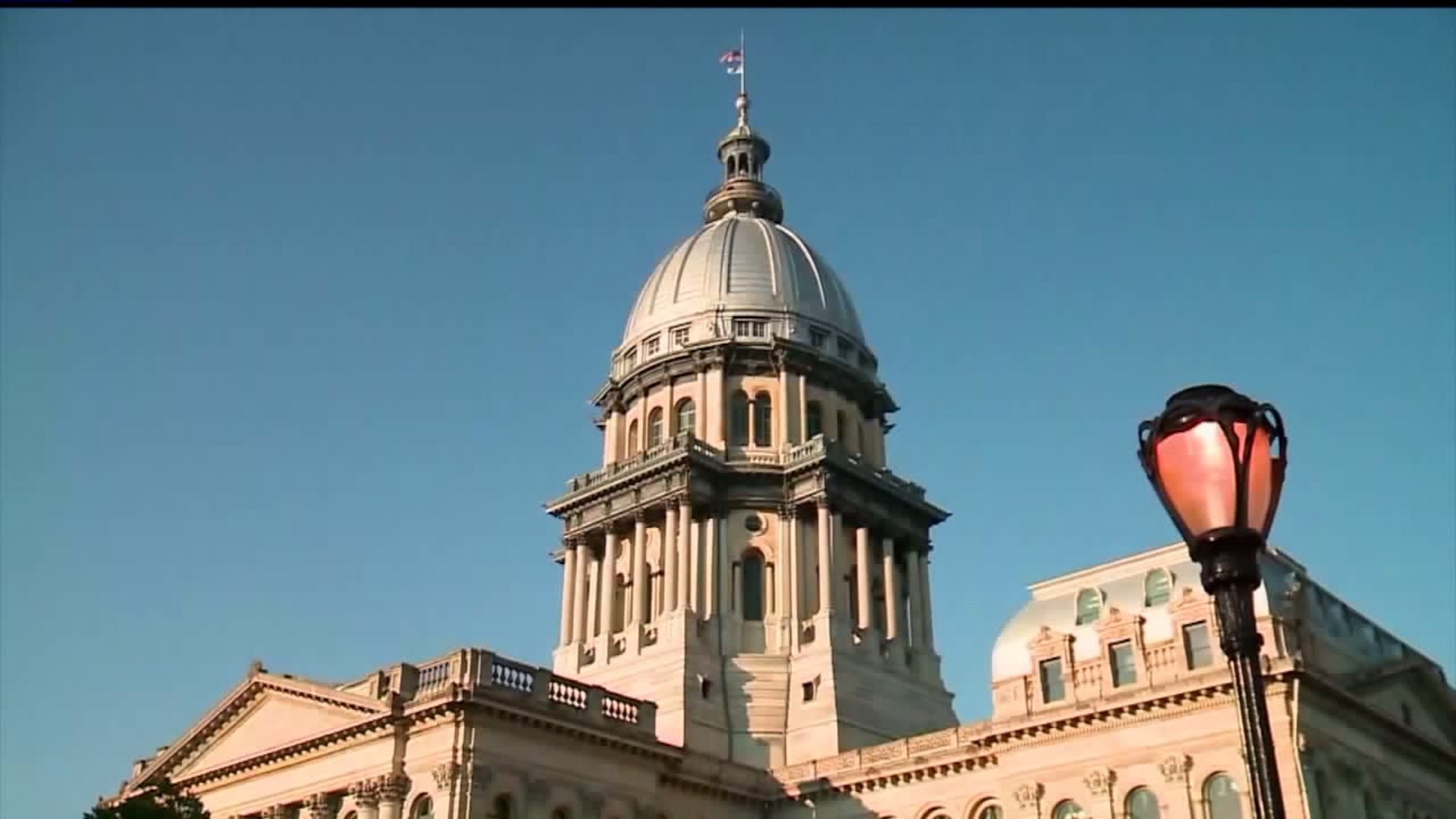SPRINGFIELD, Ill. (AP) — Illinois made a payment on a colossal bill backlog Tuesday, borrowing money at a relatively low rate despite its worst-in-the-nation credit rating.
Gov. Bruce Rauner's administration announced a sale of $1.5 billion in general obligation bonds, money borrowed specifically to put toward the debt. The backlog Tuesday stood at $15,979,212,107.30 .
The loan carries an interest rate of 3.5 percent — remarkable given Illinois experts expected the state's poor credit to drive interest as high as 6.5 percent. But, more importantly, it's far lower than taxpayers have to fork over in late-payment fees.
Scott Harry, director of the Governor's Office of Management and Budget, said in a statement that the result "bodes well for the state's financing coming next week," when officials will offer another $4.5 billion and aim to cut the backlog in half by June.
The red-ink figures, which tripled during Illinois' two-year budget stalemate — the longest of any state since at least the Great Depression — have become the symbol for Illinois' checkbook incompetence, representing IOUs to vendors, service providers, nonprofit programmers, and doctors who provide medical care for state employees and the impoverished.
Officials estimate that nearly $6 billion of that gets a 1 percent-per-month late charge tacked on after 90 days without payment. That costs taxpayers an additional $2 million a day, according to state Comptroller Susana Mendoza.
When Democrats adopted an income tax increase and budget plan in July over Rauner's vetoes, they included gubernatorial permission to borrow $6 billion at lower interest to pay off patient creditors. Republican Rauner, pushed all summer by Mendoza and other top Democrats, reluctantly agreed.
Mendoza said in a statement Tuesday finalization of the bond sale will prompt her to seek matching federal funds for programs such as Medicaid and to pay first bills with the highest carrying charges.
The state struggled with paying bills before Rauner took office in 2015. But as he did, a temporary income-tax surcharge expired and Rauner squared off with Democrats who control the Legislature over spending and taxes. The backlog skyrocketed and the state's credit rating sunk to the point that Wall Street threatened to label it "junk" without the budget deal sealed in July.

